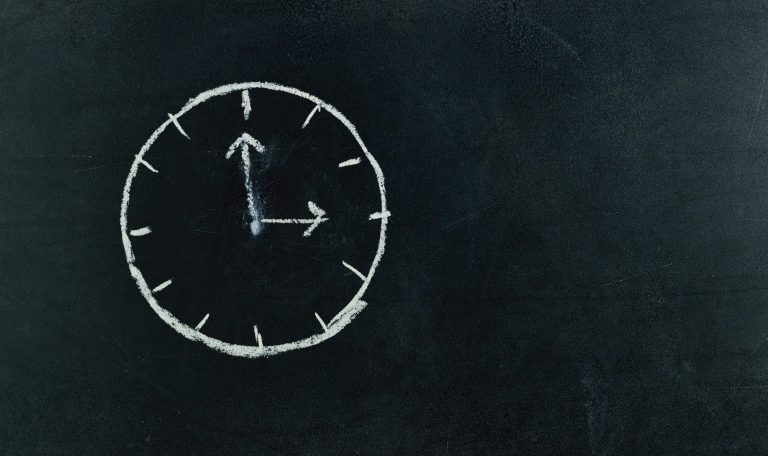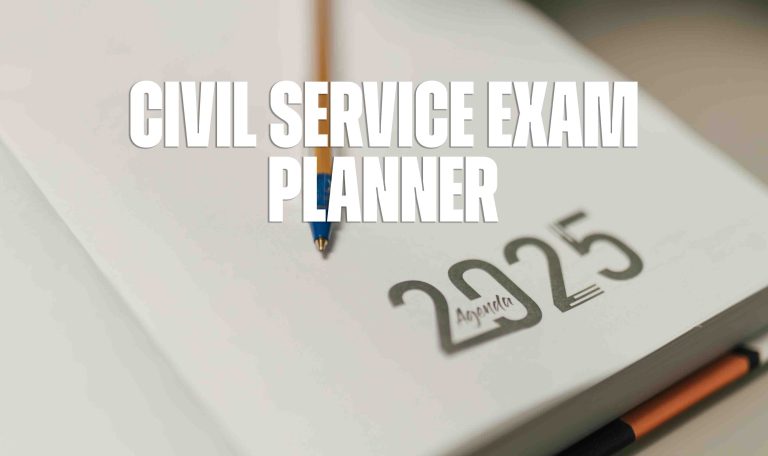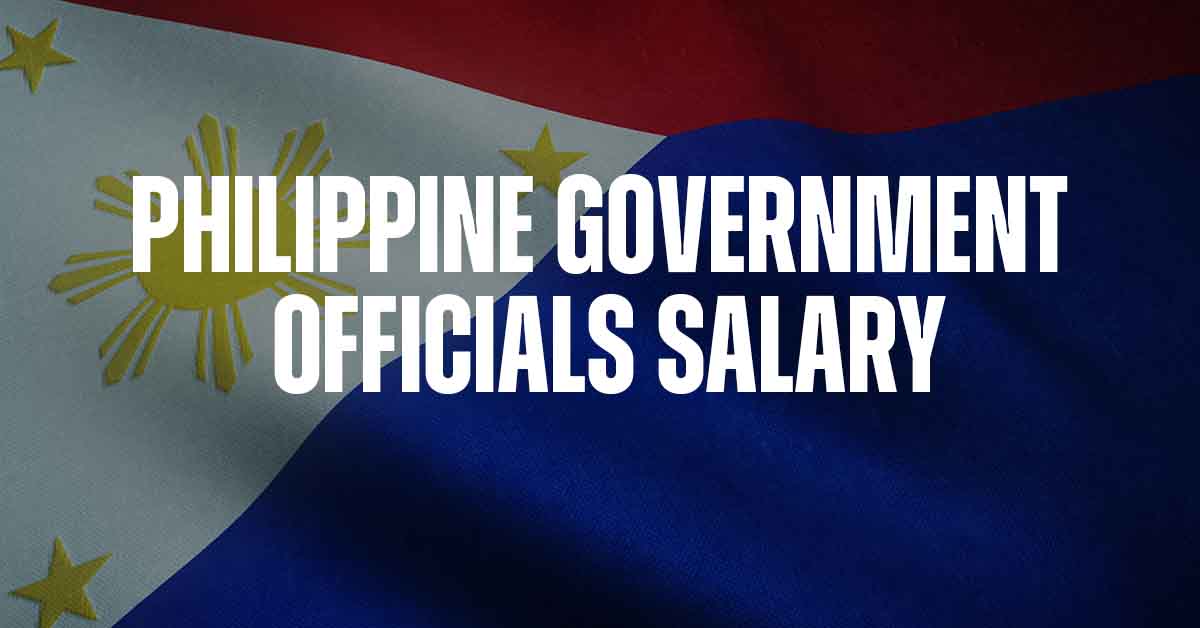Ace your Civil Service Exam with expert strategies, effective study plans, and essential tips. Learn how to prepare effectively, manage stress, and succeed in your civil service career.
The Civil Service Exam is a gateway to various governmental positions, offering a promising career in public service. These exams, known for their competitive nature, require thorough preparation and a deep understanding of the exam structure. This article aims to guide aspirants on how not to fail the Civil Service Exam by providing comprehensive strategies and insights.
1. Eligibility Criteria and Exam Format
Before diving into preparation, it’s crucial to understand the eligibility criteria and the exam format. The Civil Service Exam typically includes sections like general knowledge, quantitative aptitude, and language skills. Knowing the exact format helps in crafting a focused study plan.
2. Strategic Study Planning
Success in the Civil Service Exam hinges on strategic study planning. Create a realistic and structured study schedule, setting short-term and long-term goals. This helps in covering all necessary topics systematically and reduces the risk
of feeling overwhelmed. Balancing study with breaks is key to maintaining peak mental performance.
3. Comprehensive Subject Review
The breadth of topics covered in the Civil Service Exam demands a comprehensive subject review. Focus on mastering core topics and choose study materials that are thorough and reliable. Whether it’s history, economics, or current affairs, understanding the basics is crucial for a strong foundation.
4. Effective Study Techniques
Employ active learning strategies to enhance your study sessions. Techniques like mind mapping, summarization, and self-quizzing can significantly boost memory retention. Tailor your study methods to suit your learning style, whether it’s visual, auditory, or kinesthetic.
5. Time Management Skills
Developing time management skills is essential for both preparation and the exam itself. Balance your study time and personal life effectively, ensuring you don’t burn out. Practice managing your time during mock exams to improve your speed and accuracy.
6. Practice and Past Papers
Regular practice using past exam papers is one of the most effective ways to prepare. This not only familiarizes you with the exam format but also helps identify areas that need more focus. Analyze previous year questions for patterns and frequently tested topics.
7. Expert Guidance and Coaching
Consider seeking guidance from a professional coach or mentor, especially if you find certain subjects challenging. They can provide valuable insights, shortcuts, and feedback on your preparation strategy. However, remember that self-study is equally important.
8. Health, Well-being, and Study Balance
Maintaining your health is crucial during exam preparation. A balanced diet, regular exercise, and adequate sleep can significantly impact your study efficiency. Manage stress through mindfulness practices like meditation or yoga to keep your mind clear and focused.
9. Mock Exams and Self-Assessment
Regularly taking mock exams under exam-like conditions is vital. It helps in adapting to the pressure and timing of the actual exam. Self-assessment allows you to track your progress and fine-tune your preparation approach.
10. Peer Study Groups and Discussion Forums
Joining study groups or online forums can provide moral support and expose you to different perspectives and tips. Discussing with peers can clarify doubts and deepen your understanding of various topics.
11. Understanding the Evaluation Criteria
Knowing how your answers will be evaluated helps in strategizing your approach to answering questions. Focus on clear, concise, and relevant answers, especially for subjective questions.
12. Enhancing General Knowledge and Current Affairs
Stay updated with current events and general knowledge, as they are integral parts of the exam. Reading newspapers, watching news debates, and following credible online resources are effective ways to stay informed.
13. Personalized Study Techniques
Adapt your study methods to your individual needs. Some might find studying with music helpful, while others might prefer complete silence. Technology can also be a great ally, with various apps and online resources available for exam preparation.
14. Overcoming Exam Anxiety
Combat exam anxiety with positive affirmations, relaxation techniques, and by maintaining a healthy perspective about the exam. Remember, it’s an opportunity to advance your career, not a life-or-death situation.
15. Final Revision and Checklist
Before the exam, go through a final revision of key points. Organize your study materials, notes, and necessary documents to avoid last-minute hassles. A well-organized approach can significantly reduce pre-exam stress.
16. Day of the Exam: Do’s and Don’ts
On the exam day, stay calm and focused. Arrive early, follow all instructions carefully, and avoid rushing through the paper. Remember to read questions thoroughly before answering.
17. Post-Exam Analysis and Feedback
After the exam, reflect on your performance. Identifying areas for improvement can be incredibly helpful for future attempts. Seek feedback from mentors or peers to gain additional insights.
FAQs
What is the best way to start preparing for the Civil Service Exam? Begin by understanding the exam format and syllabus, then create a structured study plan, focusing on your weaker areas.
How important is time management in the Civil Service Exam? Extremely important. Managing your time effectively during the exam can be the difference between a pass and a fail.
Can I prepare for the Civil Service Exam without coaching? Yes, many candidates successfully prepare on
their own. However, coaching can provide structured guidance and personalized feedback.
How can I improve my general knowledge for the exam? Regularly read newspapers, follow credible news sources, and engage in discussions on current affairs.
Is it necessary to solve previous year’s papers? Yes, solving past papers is crucial as it familiarizes you with the exam pattern and helps identify important topics.
How do I deal with exam stress? Practice relaxation techniques, maintain a healthy lifestyle, and keep a positive attitude. Remember, adequate preparation and confidence are key to managing stress.
Conclusion
Succeeding in the Civil Service Exam is a combination of diligent preparation, effective time management, and a positive mindset. By following these strategies and maintaining a balanced approach, you can enhance your chances of success and avoid the pitfalls that lead to failure. Remember, this exam is not just a test of knowledge, but also of perseverance, discipline, and strategic thinking.





0 comments